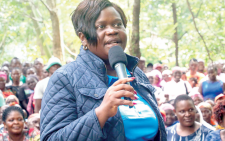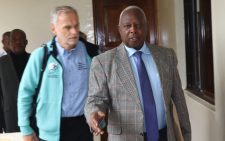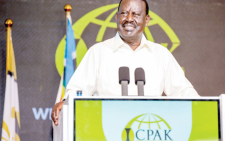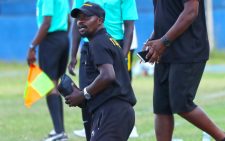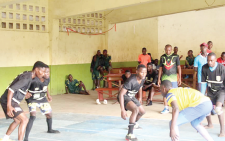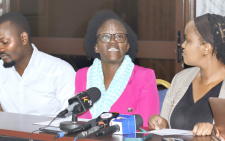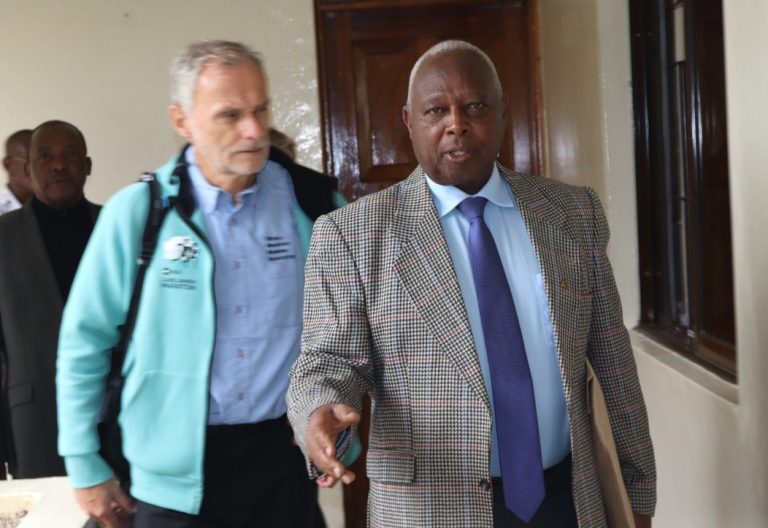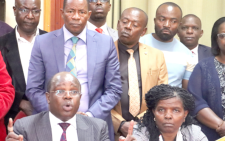Grade Nine to remain in primary school, says PS
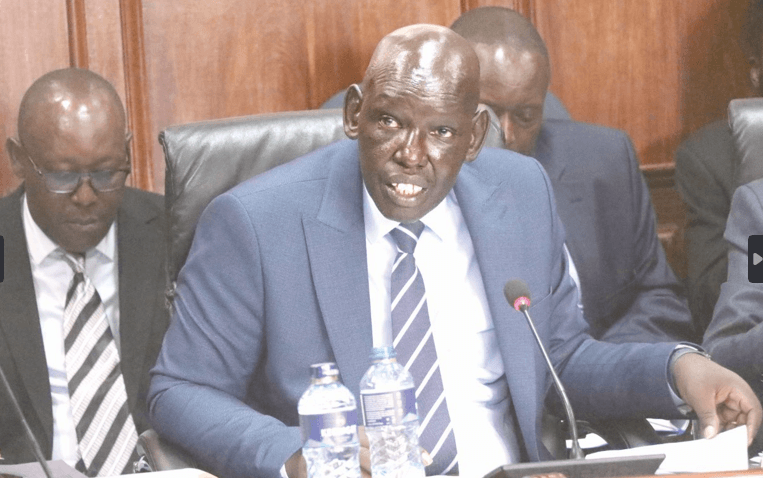
Education Principal Secretary Belio Kipsang yesterday put an end to debate on where Grade Nine will be domiciled, declaring it will remain in primary school.
He also declared there will be no changes to the structure of Competency-Based Curriculum (CBC).
The PS dismissed reports that Grade 9 will be moved to secondary school section saying is not anything in the Ministry’s discussion, adding that 93 per cent of Kenyans decided through the presidential working party that junior school be domiciled in primary schools.
He affirmed the ministry will live to Kenyans expectations with no changes whatsoever being made on junior secondary schools currently domiciled in primary schools.
“The definition of junior schools is Grades 7, 8 and 9 and we are not about to change that because we do not even have any way or a window to change it.
“If 93 per cent of Kenyans said it, then how can we wake up in the morning and have something else? It is not anything in discussion, Grade 9 will be in the current place that junior school is domiciled and we all know where that is,” said the PS.
He made the remarks at Kenya Institute of Curriculum Development (KICD) during the stakeholder engagement on senior school curriculum.
KICD Chief Executive Prof Charles Ong’ondo explained the CBC structure is informed by cognitive developmental theory, with basic education arrangement being that learners spend two years in Pre-Primary, six years in primary, three years in junior school, and another three years in senior school, hence 2-6-3-3 structure.
“The years have to match the development milestones of the children who are the targets of the learning system,” Ong’ondo previously explained.
The PS assured that the Government is working to ensure a seamless transition of learners to higher education level or the world of work.
“We may not have had an opportunity to do what we are doing when we were transiting to junior school but I can assure you that we will be better prepared both in engaging with our teachers and learners to appreciate what they are expecting as they move forward,” said Kipsang.
Placement and certification
Kipsang said CBC implementation is well on course and in the next few days, the Ministry will roll out 16,000 classrooms for Grade 9.
“We know how many classrooms each school will require. We want to harmonize our schools so that you know the difference between classrooms and laboratories and we will standardise schools so that the environment they are in prepares them,” he explained.
The PS also said that at Grade 9, there will be both formative and summative assessment just like Kenya Primary School Education Assessment (KPSEA) in Grade 6.
He affirmed that assessment at Grade 9 does not prevent learners from progression saying that only at Grade 12 it will be both for placement and certification.
Also at Grade 12, learners will get a certificate, which will prepare them either to progress to the next level or move to start a certain aspect of life.
“At Grade 12, it will be both placement and certification while at Grade 9 it is purely transition from one level to the next because it is just preparing our children to know where they are they going to – Sciences, Humanities or Creative,” he stated.
Kipsang said the stakeholder engagement will among other issues deliberate on how learners will move from Grade 9 to senior school, which comprises Grades 10, 11 and 12 in terms of pathways and how they will be placed.
